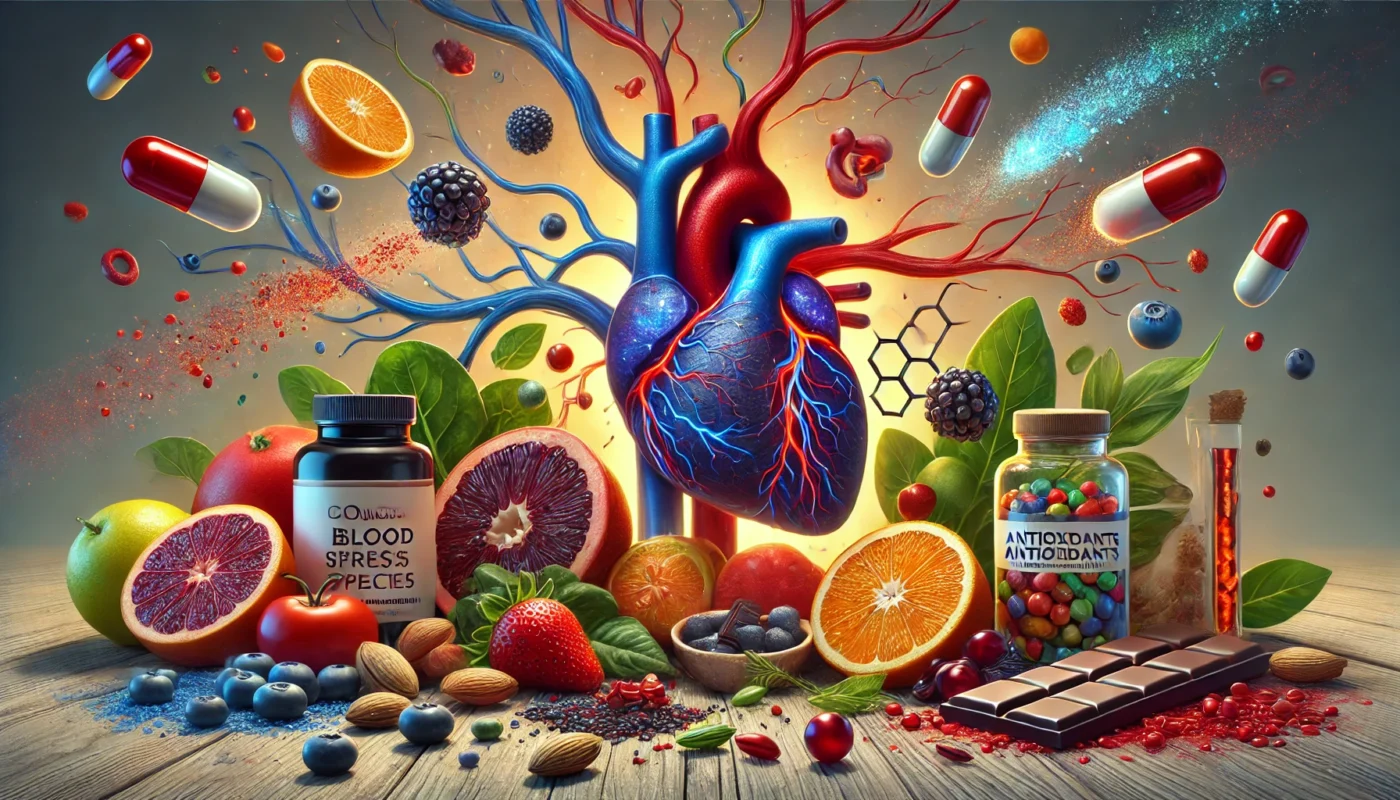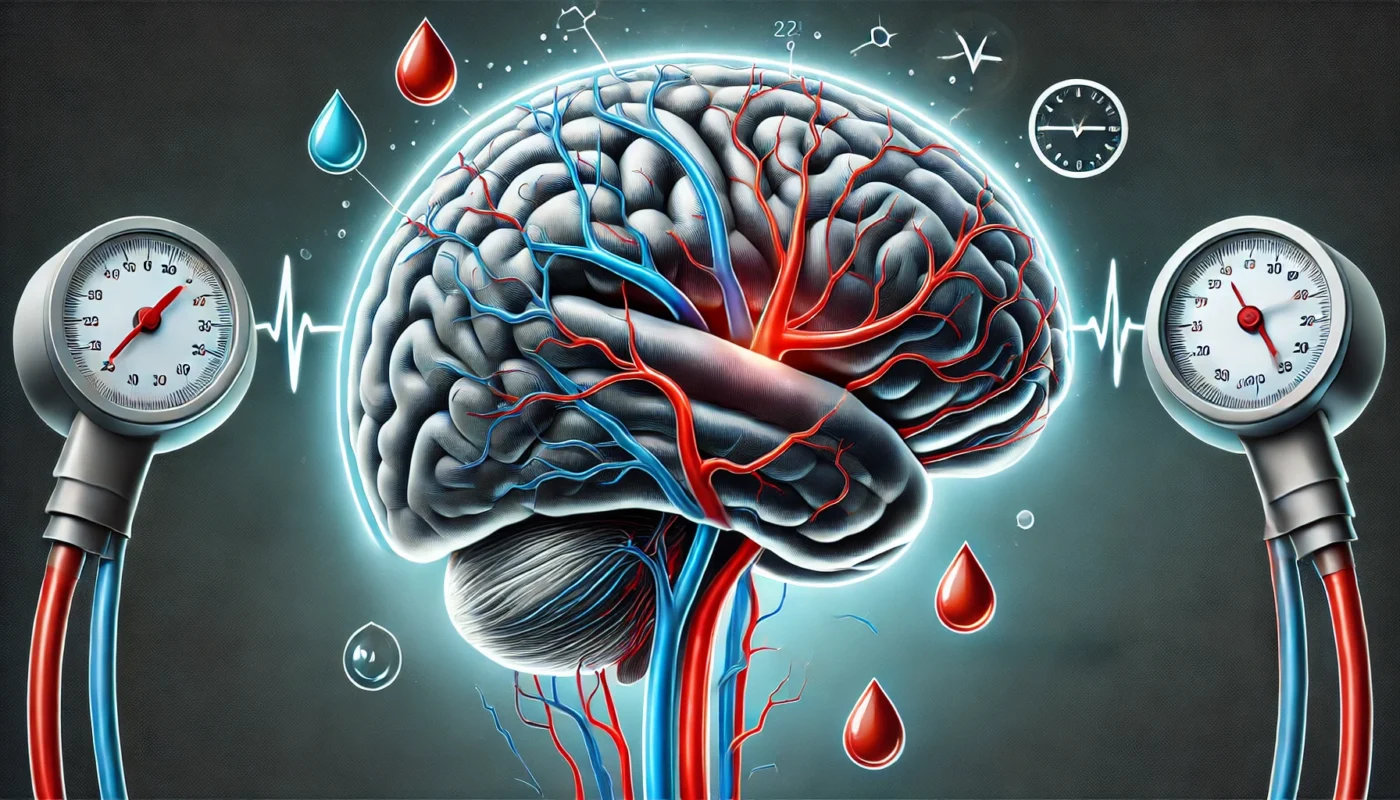Hypertension, or high blood pressure, affects more than 1.28 billion people globally, according to the World Health Organization (WHO). Despite its prevalence, hypertension remains a complex condition influenced by a combination of genetic, environmental, and lifestyle factors. Traditional treatment approaches often rely on generalized strategies, which may not effectively address the unique needs of every individual. Precision medicine, a revolutionary approach to healthcare, offers a pathway to more effective hypertension management. By leveraging advancements in genomics, data analytics, and personalized treatment plans, precision medicine is transforming how hypertension is diagnosed and treated.
Tag Archives: Blood Pressure
Hypertension, or high blood pressure, is one of the leading causes of heart disease, stroke, and kidney failure worldwide. Affecting over 1.28 billion people globally, according to the World Health Organization (WHO), hypertension is often dubbed a “silent killer” because it typically develops without noticeable symptoms. Among the many factors contributing to hypertension, oxidative stress has emerged as a key player in the condition’s progression. Antioxidants, compounds that counteract oxidative damage, are now being explored as potential therapies for managing hypertension.
This article looks into the link between antioxidants and hypertension, examines the evidence supporting antioxidant-based treatments, and discusses how these therapies could complement existing approaches.
Hypertension, or high blood pressure, affects nearly half of the global adult population, according to the World Health Organization (WHO). While it is widely known as a leading cause of heart disease, stroke, and kidney failure, its connection to mental health often remains underexplored. Emerging research highlights a bidirectional relationship between hypertension and psychological well-being, where high blood pressure influences mental health, and mental health challenges, in turn, exacerbate hypertension. This article explores the hidden impact of hypertension on mental health, the underlying mechanisms driving this relationship, and strategies to manage both conditions effectively.
Hypertension, or high blood pressure, is one of the most prevalent chronic health conditions worldwide, affecting nearly half of the adult population. A leading contributor to cardiovascular disease, stroke, and kidney failure, hypertension is often exacerbated by stress and poor lifestyle choices. While medications and physical activity are commonly prescribed to manage high blood pressure, emerging research highlights the potential of mindfulness practices, including journaling, as a complementary approach to reduce stress, lower your blood pressure, and improve overall health. This article delves into the science behind journaling and its potential impact on blood pressure, exploring how self-reflection can become a valuable tool in hypertension management.
Hypertension, or high blood pressure, is a leading risk factor for cardiovascular disease, affecting nearly one in three adults worldwide. As a silent condition that often progresses without symptoms, hypertension poses significant health risks if left unmanaged. While medications and lifestyle modifications remain the cornerstone of hypertension prevention and management, yoga has emerged as a powerful complementary practice. Yoga combines physical postures, breathing exercises, and mindfulness techniques that can reduce stress, enhance relaxation, and improve vascular health. This article explores how yoga practices may help in preventing hypertension, the mechanisms behind its benefits, and how individuals can integrate yoga into their daily lives for long-term cardiovascular health.
Hypertension, or high blood pressure, is a condition that develops over time and often goes unnoticed until it leads to serious complications such as heart disease, stroke, or kidney failure. While it is commonly associated with aging, hypertension can begin its harmful trajectory much earlier in life. Proactively managing your health during your 20s and 30s is essential to helping prevent hypertension and its long-term consequences. This article explores the lifestyle changes and preventive strategies young adults can adopt to maintain healthy blood pressure and safeguard their cardiovascular health.
- 1
- 2






